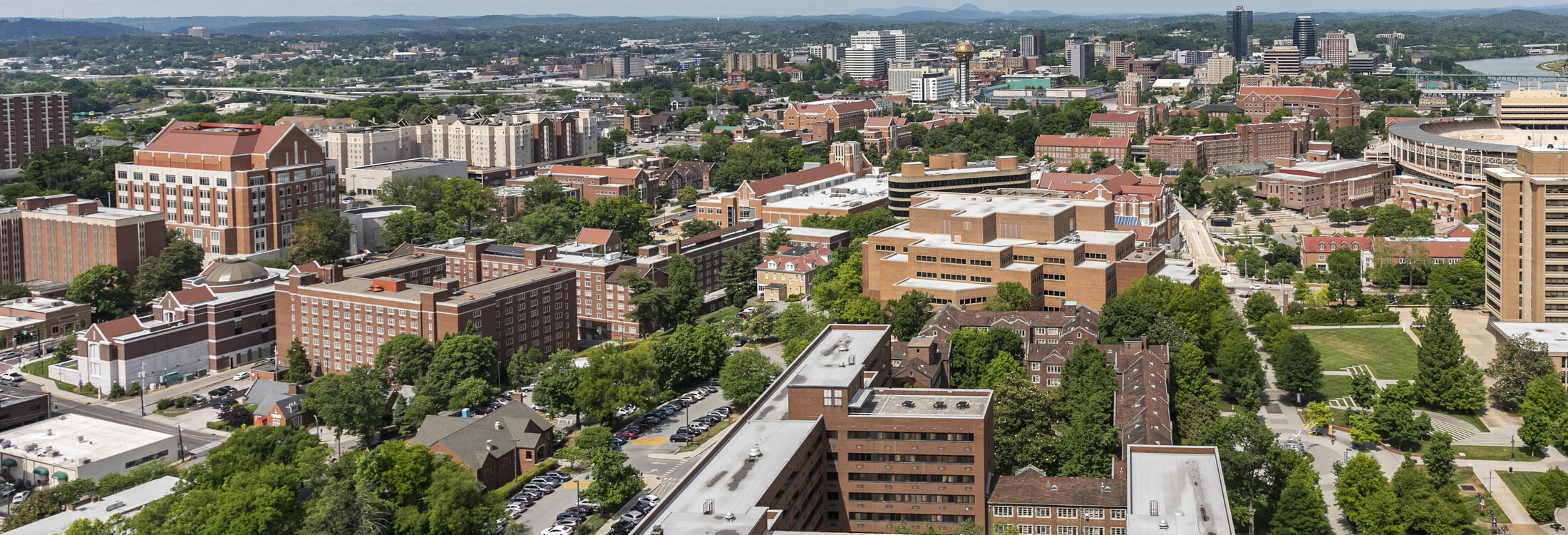Next Steps on Academic Restructuring

For more than a year, we have engaged in campus-wide discussions about academic structures. Our goal has been to make sure we have an academic structure that enables the success of our strategic vision, provides the best opportunity for disciplines and programs to thrive, and ensures we have the resources and support to be successful in the quickly changing landscape of higher education. The process has involved 40 meetings with large and small groups, anonymous online feedback, and many informal conversations.
Based on the input, we have decided to move forward with the following plan. Changes that create new schools and colleges will go before the Board of Trustees for discussion and consideration at its February 2023 meeting.
Baker School (or College) of Public Policy
The provost expects a report soon from a committee he appointed to provide information on moving forward with a Baker School (or College) of Public Policy. We see a need for both public policy and public administration professionals, and a Baker School or College will meet this vital need by having the capability to offer degree programs. It will also be home to our new Institute for American Civics.
New College for Interdisciplinary Programs
We will move forward with a New College that will be a home for intercollegiate and interdisciplinary degree programs (such as data science), emerging majors that do not fit within our current collegiate structures, and other experimental academic programs that are responsive to student demand and workforce development needs. The college is intended to facilitate interdisciplinary curricular innovations, something faculty expressed a wish to see in many of the listening sessions. Like the Graduate School, it will not be the academic home of any UT faculty nor will it oversee faculty promotion and tenure.
College of Music
There is strong support for creating an independent College of Music. We will continue discussions to create a standalone unit that will enable us to better meet the unique needs of music students and faculty. We anticipate that an independent unit will increase the visibility of the music programs, improve our ability to recruit the best music students in the country, and provide our outstanding music faculty with greater autonomy in all matters related to music education and scholarship.
Again, proposals for new schools and colleges will be presented to the UT Board of Trustees in February.
College of Arts and Sciences
We will establish a divisional structure within the College of Arts and Sciences. The idea emerged from the engagement process and was suggested as an option by Dean Theresa Lee. This model is used at top-ranked public flagships such as the University of California, Berkeley; the University of North Carolina at Chapel Hill; the University of Virginia; the University of Georgia; and the University of Michigan.
Under this model, the college will be organized around three broad divisions: Arts and Humanities, Social Sciences, and Natural Sciences and Mathematics. Each division will be led by a divisional dean who will report to the executive dean. We believe this new internal structure will benefit the College of Arts and Sciences in several ways:
- Better meet the unique needs of the faculty of 22 different disciplines within the college
- Reduce the number of people who report directly to the dean, which is currently more than 30
- Improve communication among a faculty of more than 700
- Provide staff support to reduce administrative burdens on faculty
- Facilitate collaboration among similar disciplines to achieve important outcomes in a changing research and education landscape
- Enable greater financial transparency and accountability at the division level
We will appoint an interim executive dean of the college who will work closely with the provost and department heads to oversee the internal process of appointing the divisional deans within the three broad areas of arts and humanities, social sciences, and natural sciences and mathematics. The responsibilities of the executive dean will include development of clear and consistent lines of communication with faculty, ultimate fiscal authority over the three divisions, creation of transparent processes for financial decision-making and budgetary accountability among the three divisional deans, providing appropriate staffing for enhanced services to faculty in areas such as grant support and advocacy for their disciplines, and the creation and execution of compelling strategic goals that are a model for institutions across the country.
The executive dean will be expected to lead change and innovation that ensure every single discipline in the college can thrive. The university will work with the interim executive dean through the budget process to understand what central investments will be most helpful to support the launch of a successful new divisional structure within the existing College of Arts and Sciences.
This divisional structure will be a pilot. Its effectiveness will be assessed after two years.
We are communicating this information now to focus the next phase of input, which will center on the support faculty need from a divisional structure led by an executive dean.
The Path Forward
There are many more details to be decided. Over the next months, we look forward to engagement around how to implement these changes successfully. We have appreciated the conversations over the past year, even when they have been difficult. Out of those discussions has come a path forward that will improve our ability to deliver on our mission and create a bright future for the University of Tennessee and the people it serves.
Donde Plowman
Chancellor
John Zomchick
Provost and Senior Vice Chancellor